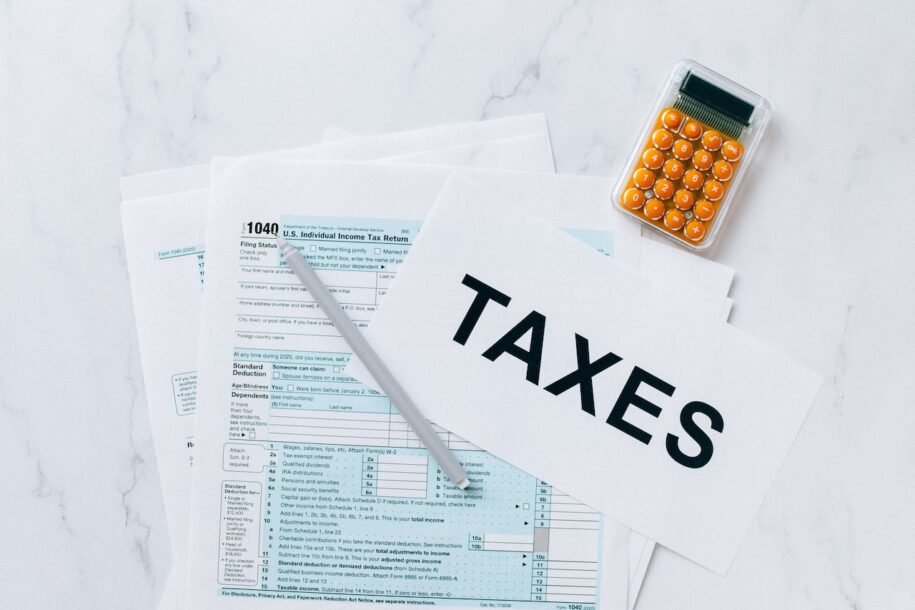As an Amazon FBA wholesale seller, it’s essential to understand how to manage your finances and taxes effectively. Please do so to avoid financial stress, penalties, and missed opportunities for growth. This article will explore key tips and best practices for managing taxes and finances for Amazon FBA wholesale.
Keep Accurate Records
Accurate record-keeping is vital when managing taxes and finances as an Amazon FBA wholesale seller. You must monitor your earnings, outgoing costs, and inventory. You will be better positioned to choose which costs and expenditures to incur if you understand your company’s financial condition better.
Accounting software can assist you in keeping track of your funds by simplifying the process of producing reports, managing earnings and expenditures, and filing taxes. Some popular accounting software for Amazon FBA sellers includes Xero, QuickBooks, and Wave. These software tools will help you reconcile your accounts and ensure your records match your bank statements.
Understand Your Tax Obligations
As an Amazon FBA wholesale seller, you must pay taxes, including income, sales, and self-employment taxes. Regarding income taxes, you are assessed according to your total profit, whereas your revenue from your company determines the amount of self-employment taxes. In addition, purchases made to clients in jurisdictions where you have a sales tax nexus are subject to sales tax.
Talking with a tax expert is best to ensure you follow all relevant tax laws and regulations. In addition, they can assist you in figuring out your tax obligations and ensure you’re claiming all the appropriate exemptions.
Maximize Your Tax Deductions
As an Amazon FBA wholesale seller, you’re entitled to various tax deductions to reduce your tax bill. For example, you may subtract the following expenses, among others:
- The cost of goods sold includes acquiring inventory, packaging, and shipping materials.
- Home office deduction: If you have a specific area in your home set aside for your company, you can subtract upkeep costs.
- Travel for business: Expenses like accommodation, food, and airfare can all be written off.
- Savings for retirement: You can subtract your contributions to retirement accounts like IRAs and Solo 401(k)s.
It’s essential to keep accurate records of your expenses to claim all the deductions you’re entitled to. In addition, maximizing your tax deductions will reduce your tax bill and have more money to reinvest in your business.
Plan for Estimated Taxes
As an Amazon FBA wholesale seller, you must pay estimated yearly taxes. You make estimated taxes to the IRS to cover your tax liability for the year. If you anticipate owing more than $1,000 in taxes for the year, the IRS requires you to pay due taxes.
To determine your estimated tax payments, you must predict your yearly revenue and expenditures. Then, you can start with your previous year’s tax return and modify your projections following your anticipated development and changes in your company.
Planning for estimated taxes is essential to stay caught up on your payments and incur penalties and interest. You can set up automatic payments or schedule reminders to pay your estimated taxes on time.
Monitor Your Cash Flow
Managing cash flow is critical for running a successful Amazon FBA wholesale business. But first, you must ensure you have enough money to cover your expenses, buy merchandise, and make development investments in your company.
You can monitor your cash flow by creating a statement showing your business’s inflows and outflows of cash over a specific period. Your cash flow summary should include your cash balance at the start and conclusion of the month and your cash inflows and withdrawals.
It’s critical to monitor your cash movement carefully and spot any possible issues as soon as they arise. For example, you can forecast your cash flow and identify periods when your cash inflows might be lower than your outflows. By doing this, you can take proactive measures to control your cash flow, like lowering costs, boosting sales, or obtaining more financing.
Use Tax Software
Using tax software, you can handle your taxes more effectively and decrease the possibility of mistakes. Also, tax software will help you submit your records and comply with all relevant tax laws.
Some tax software has features for managing sales tax obligations. Therefore, you can use tax tools to compute your sales tax obligation, establish your sales tax nexus, and submit your sales tax reports.
Invest in Professional Help
For Amazon FBA sales, hiring professionals to manage taxes and money is crucial. You can work with a tax expert, like a Certified Public Accountant (CPA), to organize your expenditures and adhere to all applicable tax laws.
To handle your finances and make plans for the expansion of your company, you can also collaborate with a financial advisor or consultant. You can manage your investments, develop a financial strategy, and spot development prospects with the assistance of a financial advisor.
In conclusion, managing taxes and finances for Amazon FBA wholesale requires careful planning and attention to detail. You can better handle your finances and taxes by keeping accurate records, comprehending your tax responsibilities, optimizing your tax exemptions, preparing for anticipated taxes, keeping track of your cash flow, using tax software, and spending money on expert assistance. Doing so will reduce your financial stress, avoid penalties, and position your business for long-term success.

